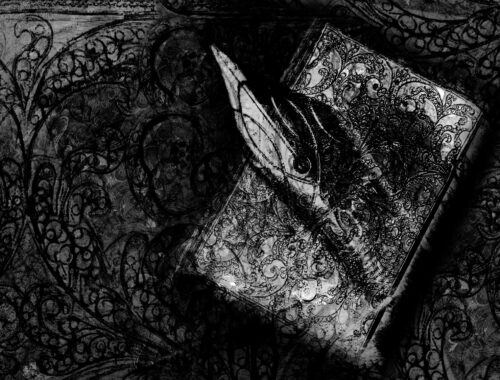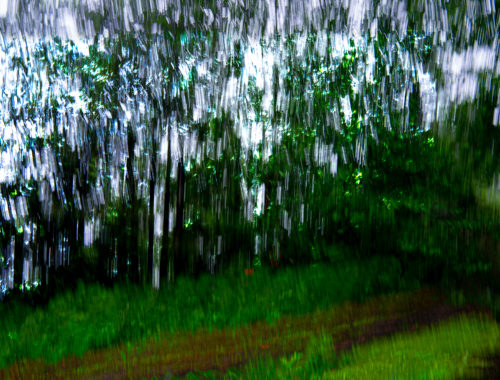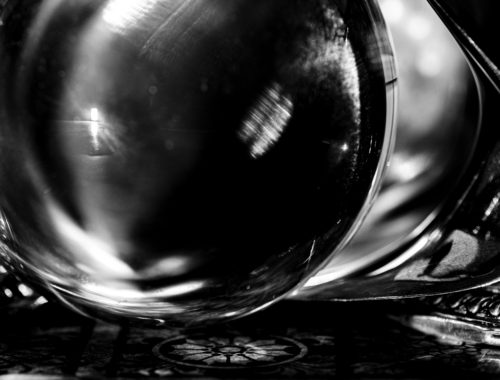
Hold onto It with Both Hands
In the same way, if he had decided that God and immortality did not exist, he would have at once become an atheist and a socialist. For socialism is not merely the labour question, it is before all things the atheistic question, the question of the form taken by atheism to-day, the question of the tower of Babel built without God, not to mount to Heaven from earth but to set up Heaven on earth. —Fyodor Dostoevsky, The Brothers Karamazov
It’s not yet noon and I’ve already created and rejected a number of ideas for blog post subjects. Why the rejection? Because they’re too specific or bitchy or explanatory. God save us from those who explain too much: my old self, in particular.
A photographically inclined friend was surprised when I told her that I had discovered that I am a very literal person. I guess she thought that because I like to create (with my camera, paints and pencils, words) that I tend to think metaphorically. I think I thought that, too. It turns out that we were wrong, but that doesn’t mean that I can’t work to develop the skill of seeing beyond what’s right in front of my face. It’s an ongoing process, and it involves digging, squinting, magnifying, and learning from others who seem to do these things naturally. What it does not involve is explaining.
An enchanted world that cannot be (and should not be) explained away by “science” is all around us, inherent in all of God’s creation, but we’ve been trained to dismiss it. Like most of us, I lost the ability to see the soul of the world in childhood, probably before I had even finished elementary school, and, yes, school was very much to blame, but the lessons were reinforced by literally everyone in my life. In my family, faith was a matter of going to church every weekend and on holy days of obligation, of receiving the sacraments when it was decreed that I do so, of following the rules. I remember my mom’s explanation of the “charismatic movement” was dripping with negativity when I asked about one particular family in the pews, but generally, there weren’t many questions. There was acceptance. People in my world did not question the assertions of teachers or scientists or the presenters on the nightly news, and none of us had a clue that the best part of life—the meaning that makes it all worth doing—was being very purposefully scrubbed from our existence. Thanks to that widespread, unquestioning acceptance then, we are in the throes of a war for the future of humanity now.
The world of things is transient, but the world of meaning is everlasting. In which one will you build your house?



